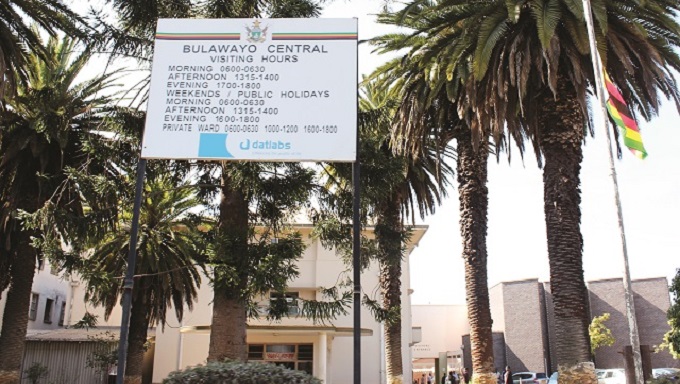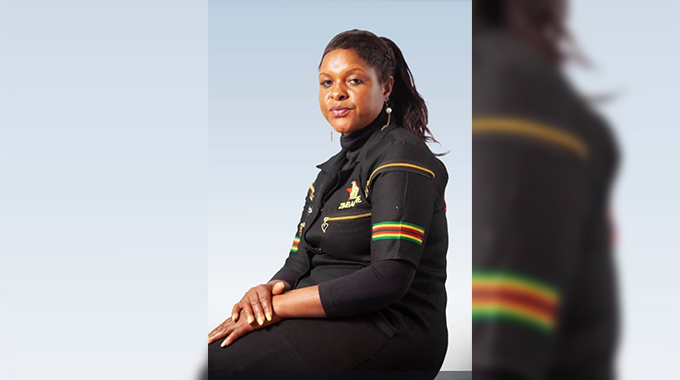Relief for health sector

Sikhumbuzo Moyo and Angela Sibanda
THE creation of the Health Services Commission (HSC) has made it quick and easier to address the skills flight challenges in the public health sector, thereby ensuring the continued provision of smooth service delivery across the country.
Under this framework, public hospitals have the green light to facilitate the recruitment of new staff anytime to fill up gaps in critical departments, which also helps in absorbing unemployed health sector workers, including new graduates.
On Friday, United Bulawayo Hospitals and Mpilo Central Hospital held their first-ever combined graduation ceremony where a total of 448 nurses were capped.
In his remarks, Mpilo Central Hospital’s chief medical officer, Dr Narcisius Dzvanga, paid tribute to the Government for putting in place mechanisms to beef up staff levels in public health centres to mitigate the impact of the brain drain.
“We are greatly affected by the attrition of our trained staff. Almost every week we have three or four RGNs (registered general nurses) resigning to go and join others in the diaspora,” he said.

United Bulawayo Hospitals
“We are lucky that the Ministry of Health and Child Care in conjunction with the Health Service Commission has given us what are normally called open cheques where we can recruit all those nurses, doctors, and other hospital staff who are currently unemployed.
“Anyone who wishes to join our teams should just go to their nearest hospitals and apply,” said Dr Dzvanga.
Health and Child Care Minister, Dr Douglas Mombeshora, confirmed the development saying the creation of the Health Services Commission (HSC) has made it quick and easier to address the skills flight challenges in public health institutions.
“As you are aware, previously recruitment of health personnel like nurses and doctors was done through the Public Service Commission but it is now being done through the HSC, which is sector-specific and quite faster,” said the minister in a brief interview yesterday.
Early this year, the Government gave the nod for the Bulawayo City Council to recruit 500 health workers to plug gaps created by the brain drain in local clinics.
The interventions come at a time when the Government is already implementing several measures to curb the attrition of health workers in search of greener pastures in countries like the United Kingdom, Australia, and the United States.
Some of the measures include regular salary increments for all civil servants, vehicle import rebates, among other non-monetary incentives, as well as the training of more health practitioners
To further boost service delivery, more clinics have also been built across the country as a way of availing modern healthcare facilities and services to communities, thus creating more employment opportunities for trained health workers.

United States
Dr Dzvanga also reiterated the need to attend to the radiotherapy department in the southern region, which is struggling to render adequate service due to limited resources.
“The radiotherapy department remains the biggest hitch in the southern region.
“We have a shortage of human resources and equipment, which also needs attention and to be maintained,” he said.
“Our biggest challenge is that all these resources are outsourced.”
Permanent secretary in the Ministry of Health and Child Care, Dr Aspect Maunganidze, who was the guest of honour, applauded the nurses in the country for continuing to serve the country despite the rising pressure to go overseas.
“We are aware that the Zimbabwean nurse is in demand in the international market.
“This is an indicator that they are well-trained,” he said.
“The Government will continue to strive to produce good nurses despite all the difficulties that we are aware of, and continuously improve the learning environment.
“I would like to appreciate the nurses who have remained in Zimbabwe despite the attractiveness of other pastures.
“This is a dedication to the profession and high level of patriotism, which needs to be applauded,” said Dr Maunganidze.
He said the ministry was also engaging drug suppliers to ensure the availability of critical drugs and surgical sundries, which are key in sustainable service delivery nationwide.
Meanwhile, male nurses dominated the awards ceremony as more scooped more prizes than females.
Mr Gugulethu Ndlovu from UBH and Mr Lindokuhle Maphosa from Mpilo Hospitals were nicknamed ‘wonder boys’ after they scooped more than four outstanding prizes.












Comments